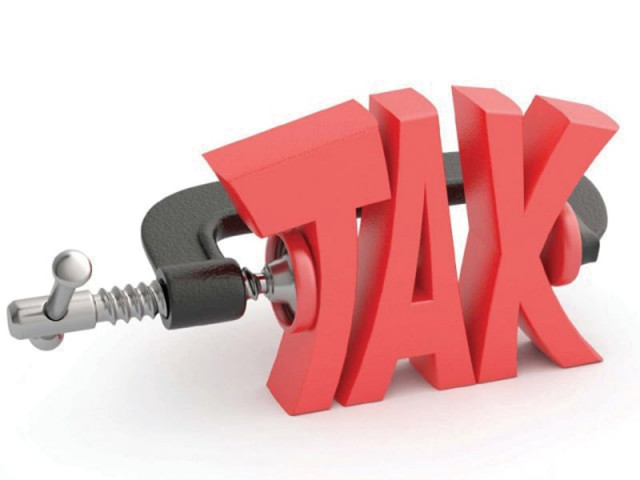Increased GST burden
Govt's move to increase GST should serve as a reminder of the FBR’s inefficiency to meet its tax collection target

The move, to take effect from January 1, 2015, should serve as a reminder of the FBR’s inefficiency and incapability to meet its tax collection target, forcing the government’s hand on withholding benefits meant for the general public. While the prices of petroleum products would still go down, the extent of the decline would be cut and diverted towards the national kitty. One could possibly argue that this move was driven after the sit-ins across the country had ended, which initially had forced the government to either delay or cancel decisions that would irk the general public. Why else would the decision of increasing GST and power tariffs be taken after the protests have ended? While one could argue that the sit-ins had a negative impact on the economy, they did keep the government from making decisions that would invite further backlash from ordinary citizens. The IMF, under its Extended Fund Facility, had asked the government to meet its tax collection target but, also told the government to “protect the most vulnerable from the direct and indirect impact of these measures”. However, it seems that the government’s job is not to look after ordinary citizens. It seemingly involves ensuring that its promises, which fetch it billions of dollars from international institutions, are kept — by hook or by crook.
Published in The Express Tribune, January 1st, 2015.
Like Opinion & Editorial on Facebook, follow @ETOpEd on Twitter to receive all updates on all our daily pieces.



















COMMENTS
Comments are moderated and generally will be posted if they are on-topic and not abusive.
For more information, please see our Comments FAQ